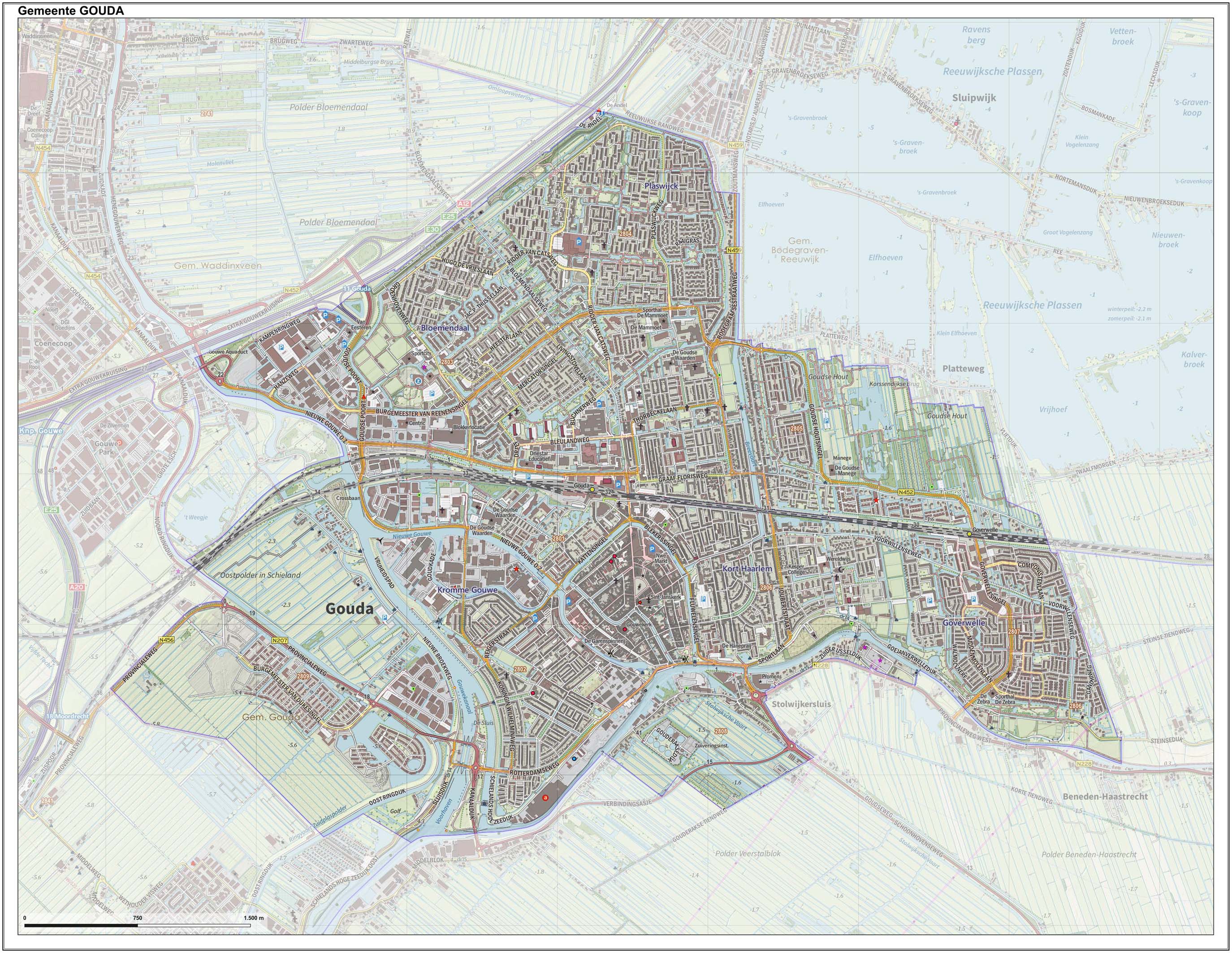|
Jan Den Boer
Jan Cornelis den Boer (13 May 1889 – 9 April 1944) was a Dutch male water polo player. He was a member of the Netherlands men's national water polo team. He competed with the team at the 1924 Summer Olympics The 1924 Summer Olympics (french: Jeux olympiques d'été de 1924), officially the Games of the VIII Olympiad (french: Jeux de la VIIIe olympiade) and also known as Paris 1924, were an international multi-sport event held in Paris, France. The op .... References External links * 1889 births 1944 deaths Dutch male water polo players Water polo players at the 1924 Summer Olympics Olympic water polo players for the Netherlands Sportspeople from Gouda, South Holland 20th-century Dutch people {{Netherlands-waterpolo-bio-stub ... [...More Info...] [...Related Items...] OR: [Wikipedia] [Google] [Baidu] |
Gouda, South Holland
Gouda () is a city and municipality in the west of the Netherlands, between Rotterdam and Utrecht, in the province of South Holland. Gouda has a population of 75,000 and is famous for its Gouda cheese, stroopwafels, many grachten, smoking pipes, and its 15th-century city hall. Its array of historic churches and other buildings makes it a very popular day trip destination. In the Middle Ages, a settlement was founded at the location of the current city by the Van der Goude family, who built a fortified castle alongside the banks of the Gouwe River, from which the family and the city took its name. The area, originally marshland, developed over the course of two centuries. By 1225, a canal was linked to the Gouwe and its estuary was transformed into a harbour. City rights were granted in 1272. History Around the year 1100, the area where Gouda now is located was swampy and covered with a peat forest, crossed by small creeks such as the Gouwe. Along the shores of this st ... [...More Info...] [...Related Items...] OR: [Wikipedia] [Google] [Baidu] |
Netherlands Men's National Water Polo Team
The Netherlands national water polo team represents the Netherlands in men's international water polo competitions and friendly matches. The team won bronze medals at the 1948 Summer Olympics and the 1976 Summer Olympics. Results Olympic Games * Water polo at the 1908 Summer Olympics, 1908 – 4th place * Water polo at the 1920 Summer Olympics, 1920 – 5th place * Water polo at the 1924 Summer Olympics, 1924 – 7th place * Water polo at the 1928 Summer Olympics, 1928 – 5th place * Water polo at the 1936 Summer Olympics, 1936 – 5th place * Water polo at the 1948 Summer Olympics, 1948 – Bronze medal * Water polo at the 1952 Summer Olympics, 1952 – 5th place * Water polo at the 1960 Summer Olympics, 1960 – 8th place * Water polo at the 1964 Summer Olympics, 1964 – 8th place * Water polo at the 1968 Summer Olympics, 1968 – 7th place * Water polo at the 1972 Summer Olympics, 1972 – 7th place * Water polo at the 1976 Summer Olympics, 1976 – Bronze medal * Water ... [...More Info...] [...Related Items...] OR: [Wikipedia] [Google] [Baidu] |
Plaquette Spaardersbad Jan Cornelis Den Boer (1889-1944)
A plaquette (, ''small plaque'') is a small low relief sculpture in bronze or other materials. These were popular in the Italian Renaissance and later. They may be commemorative, but especially in the Renaissance and Mannerist periods were often made for purely decorative purposes, with often crowded scenes from religious, historical or mythological sources. Only one side is decorated, giving the main point of distinction with the artistic medal, where both sides are normally decorated. Most are rectangular or circular, but other shapes are found, as in the example illustrated. Typical sizes range from about two inches up to about seven across a side, or as the diameter, with the smaller end or middle of that range more common. They "typically fit within the hand", as Grove puts it. At the smaller end they overlap with medals, and at the larger they begin to be called plaques. The form began in the 1440s in Italy, but spread across Europe in the next century, especially to ... [...More Info...] [...Related Items...] OR: [Wikipedia] [Google] [Baidu] |
